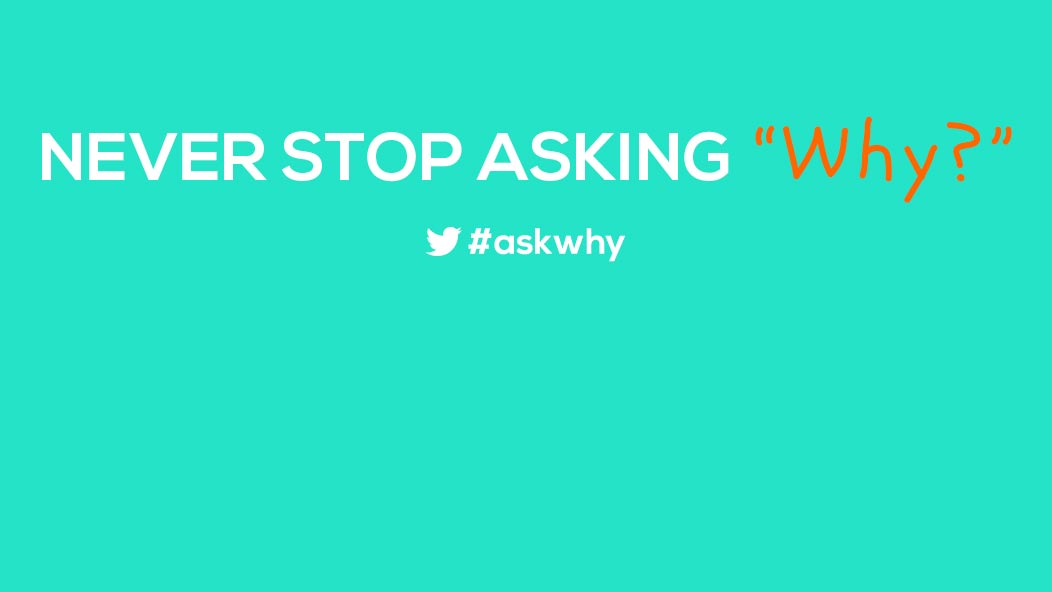Why Does the New Year Begin On January 1?
Why Does the New Year Begin On January 1?

When the clock strikes midnight on Dec. 31, Jan. 1 will be here and we'll all ring in the New Year. Have you ever wondered why we celebrate each new year on January 1? We answer this question with help from History.com and EarthSky.
Believe it or not, New Year’s Day wasn’t always celebrated on Jan. 1. According to EarthSky, the earliest recording of a new year celebration is believed to have been in Mesopotamia in 2000 B.C., but it was celebrated during the vernal equinox or mid March. Later, the ancient Egyptians, Phoenicians and Persians would celebrate their new year with the autumnal equinox, or mid-September, while the ancient Greeks celebrated on the winter solstice or mid-December.
The first time New Year’s Day was celebrated on Jan. 1 was in 45 B.C. During his reign as a Roman dictator, Julius Caesar reformed the traditional Roman calendar with help from Sosigenes, an Alexandrian astronomer. Following the solar year, the new calendar calculated a year to be 365 and ¼ days long. That year, 45 B.C., Caesar added 67 days so that the new year would begin on Jan. 1.
The ancient Romans celebrated their New Year’s Day with a feast for the god of doorways and beginnings, Janus. The Roman god had two faces, one looking to the past and one to the future.
In the Middle Ages, when it was discovered that Caesar and Sosigenes made a slight mistake in the calendar calculation, many stopped following the dictator’s calendar. In the 1570s, Pope Gregory XIII commissioned Christopher Clavius, a Jesuit astronomer, to fix the 11-minute mistake and, in 1582, the Gregorian calendar was implemented. Since then, Jan. 1 has become widely accepted as the New Year.
Tomorrow’s celebration not only follows the December solstice, or the shortest day of the year, but it is also when Earth is closest the sun in its orbit. And so, because the days will now begin to grow longer and the Gregorian calendar deems it, Jan. 1 is when we celebrate the new year, a natural day for new beginnings.
From all of us at The Children’s Museum of Indianapolis, Happy New Year to you and yours!









